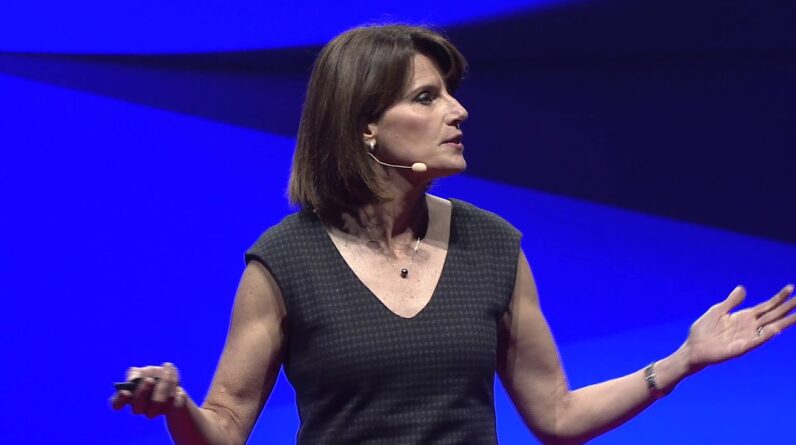Did you know that pessimism and optimism both come from the same brain pattern? Understanding that pattern is the key to becoming more optimistic. Click on the video to learn more!
Visit kylabeecroftcoaching.com to learn more about purpose coaching.
Music: https://www.bensound.com/royalty-free-music
Would you call yourself an optimist or a pessimist? Well believe it or not, both of those states of mind come from a similar brain pattern and I’m going to explain what that is to you today. Imagine for a moment that you walk into a bank. There are 50 other people in the bank. While you are there, a robber walks in and fires his weapon once. You are shot in the arm. Now I want you to imagine that you’re telling your family and friends about this experience later. Would you describe this experience as being lucky or unlucky? There’s a famous psychologist named Sean Aker. He has gone around the world asking people this question, posing the same scenario and saying do you think this is lucky or unlucky? And what he found was the ratio is about 70/30. So about 70 percent of people will say that was unlucky and about 30 percent of people say it’s lucky. So why would you say that? Why did you give the answer that you gave? The why is where it gets really interesting. Now whether you said it was lucky or unlucky our brain is following a similar pattern. And that is something that we do as humans to make sense of the world. And that is that we make up these alternate scenarios or these alternate realities to compare what our reality was against. And then we make sense of the world so we call this having positive or negative reference points or counter facts.
Basically we just make stuff up and then decide based on what this alternate reality could have been like, whether our experience was positive or negative. Now If you go back to the bank situation, if you say that you were unlucky, then you were probably thinking why did i have to be in the bank during that time? Such terrible timing… I could have been doing anything else or come later or the robber could have come later. Or you could be thinking “Out of a whole bank, that one shot happens to hit me in the arm.” See how we have these alternate realities where that one shot goes anywhere else in the bank or we’re doing something else during that robbery? So what about the people who describe the situation as being lucky? Well they have an alternate reality that they’re comparing against too. A totally made-up reality right, but in that reality things could have been so much worse. They think “Oh i could have gotten hit somewhere more vital” or “All of the other people could have gotten shot too. He could have shot way more weapons, more people could have been hurt, it could have been so much worse. So It was lucky.”
Do you see how either way we’re just totally making stuff up and then deciding how our reality should be viewed based on the stuff that we are just making up? So let’s go back to the classic measuring stick for pessimism or optimism, the glass. If you are what society labels a pessimist then you are thinking of the glass as half empty. Why? Because your reference point is a full glass. If you are an optimist, it’s because you are comparing the reality of what you have in your glass against a made-up alternate reality where the glass is empty. Both optimism and pessimism come from the same brain pattern where we compare reality against something made up, so that we can decide how we feel about our reality. Both positive and negative reference points are 100 percent hypothetical. Neither are based In reality and yet they determine whether you find your life to be awesome or terrible. Not what’s actually happening. Your reference points are what make all the difference.
This is why people often quote Charles Swindle who said “Life is ten percent what happens to you and ninety percent how you react to it.” I also love the Quote by president Russell M Nelson who said “The joy we feel has little to do with the circumstances of our lives and everything to do with the focus of our lives.” So what are you focused on? What are your counterfacts? What are your reference points? Since you are making all of your reference points up, why not choose them more intentionally? Someone once told me that suggesting this kind of thinking is delusional, like choosing optimism on purpose is delusional, but really, either way, whether you’re an optimist or a pessimist, whether you look at your life like the glass is half full or the glass is half empty, either way you are delusional because you are making up a fictional story to compare your life against. So you might as well make up a story that helps you feel grateful and empowered and helpful and loving and all the other good emotions that you want to feel in your life that will continue to drive forward awesome results. So give it a shot let me know how it goes. Tell me what you think. You’ve totally got this!


